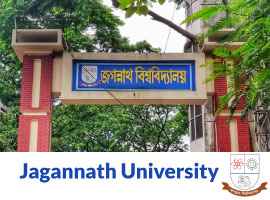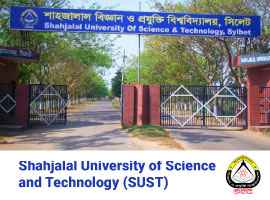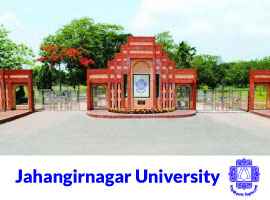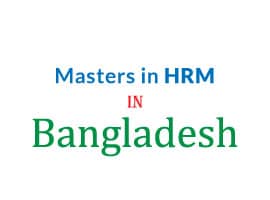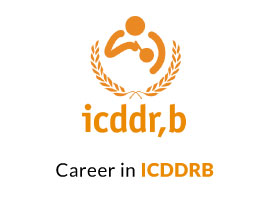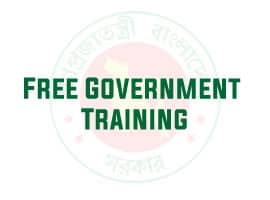Dhaka Medical College (DMC) is a public medical college which houses the most prestigious medical school as well as the largest tertiary care hospital in Bangladesh. It is located at Shahbag with a land of 25 acres in Dhaka, the capital city of Bangladesh.
History of the establishment of the college
The college's original building was built before the partition of Bengal in 1905.A part of the huge building was used as the medical center, another part as the students' dormitory, and the rest as the office of the administrative wing of the Arts faculty of Dhaka University. In 1939, the Dhaka university council requested British Government to establish a separate medical college in Dhaka. The proposal was postponed because of the onset of the Second World War. In 1946, due to the partition of India, all the advanced students as well as many lecturers and professors were transferred from Calcutta Medical College to start academic studies and maintain hospital facilities in the newly established Dhaka Medical College. Academic classes started on 10 July, which is celebrated as DMC Day.
In the beginning there were only four departments – medicine, surgery, gynecology and otolaryngology. Since the college did not initially have anatomy or physiology departments, the students at first attended those classes at Mitford Medical School (now the Sir Salimullah Medical College)
At first,there was no lecture hall, no dissection gallery and no buildings for housing.These needs were met after the construction of new academic buildings and students halls in 1955 in phases.
Major W. J. Virgin,was the first principal of Dhaka Medical College.
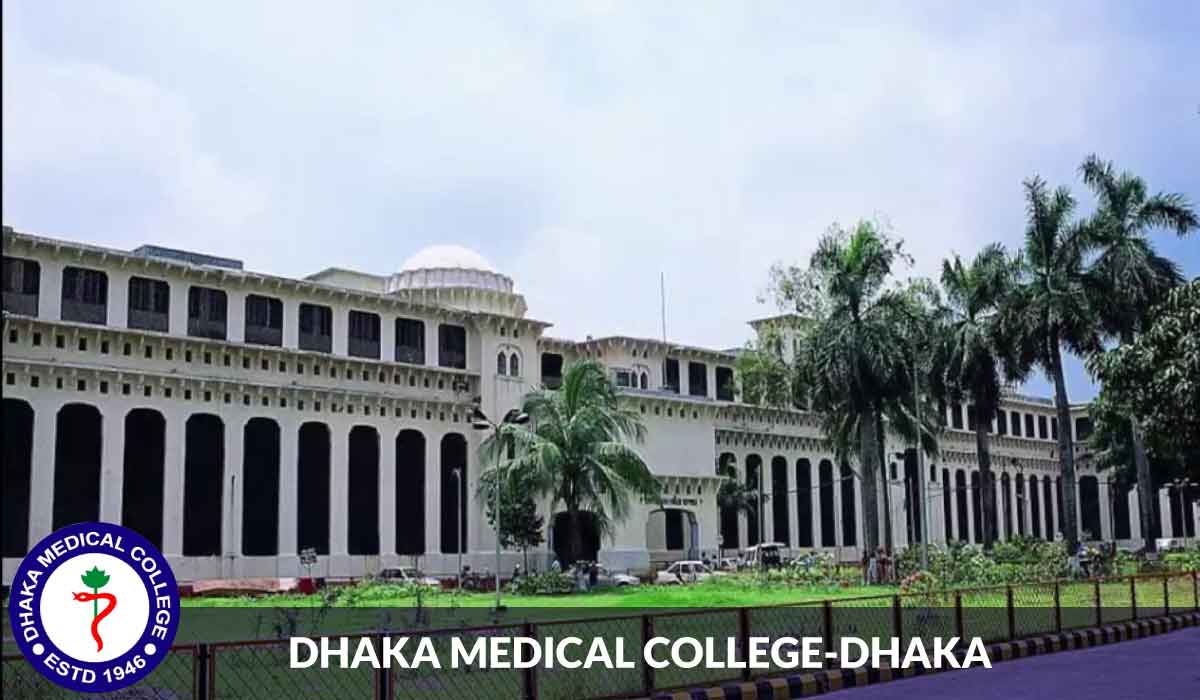
Courses
• Undergraduate Course
MBBS is regarded as undergraduate course. A countrywide combined medical admission test for MBBS course is held every year. Students after passing Higher Secondary School Certificate or equivalent examinations with the required grades can apply for the test. The topper candidates, according to their preferences, get the opportunity to study at Dhaka Medical College. Foreign candidates from both SAARC and non-SAARC countries also apply and get selected as per required qualifications. College runs a 5-years MBBS course according to the curriculum developed by BMDC. A student studies Anatomy, Physiology, Biochemistry, Pathology, Pharmacology, Microbiology, Forensic Medicine, Community Medicine, Medicine & allied subjects, Surgery & allied subjects and Gynecology & Obstetrics during the course period. The course is divided into 4 phases. Four professional examinations, one at the end of each phase, are held under University of Dhaka. After passing the fourth or final professional examination, a student is awarded with MBBS degree.
• Postgraduate Course
College offers MD, MS, Diploma, M. phil in 43 different subjects in affiliation with University of Dhaka and Bangabandhu Sheikh Mujib Medical University. College also runs three fellowship courses of Bangladesh College of Physicians and Surgeons in different disciplines.
List of Principals of Dhaka Medical College (DMC)
1.Major William John Virgin:
1st July 1946 - 14th August 1947
2.Lt. Col. Edward George Montgomery:
15th August1947 - 19th July 1948
3.Prof. T. Ahmed:
19th July 1948 0-1st January 1952
4.Colonel M. K. Afridi:
1st January 1952 - 20th March 1953
5.Prof. Nawab Ali:
21 March 1953-10 April1954
6.Prof. A. K. M. A. Wahed:
11 April 1954 - 20 January 1955
7.Prof. Nawab Ali:
21 January 1955- 1 February 1957
8.Prof. Md. Refat Ullah:
1 February 1957 - 1 September1958
9.Prof. Habib Uddin Ahmed:
2 September 1958 - 4 June 1959
10.Dr. Lt. Col. M. M. Haque:
4 June 1959 - 11 September 1963
11.Prof. A. K. S. Ahmed:
11 September 1963 - 28 December 1963
12.Dr. G. Kibria:
28 December 1963 - 08 February 1964
13.Dr. Lt. Col. Borhanuddin:
09 February 1964 - 27 January 1969
14.Prof. K. A. Khaleque:
27 January 1969 - 30 December 1970
15.Dr. Saifullah:
1 January 1971- 20 May 1971
16.Prof. M. R. Chowdhury:
25 May 1971 - 2 July 1974
17.Prof. M. A. Jalil:
03.07.1974 - 06.05.1976
18.Prof. M. A. Kashem:
7 May 1976 - 1 October 1978
19.Prof. Md. Shahidullah:
2 October 1978 - 25 November 1980
20.Prof. Mazharul Imam:
25 November 1980 - 1 October 1981
21.Prof. M. A. Mazed:
1 October 1981 - 2 July 1982
22.Prof. M. I. Chowdhury:
2 July 1982 - 31 January 1985
23.Prof. Mirza Mazharul Islam:
31 January 1985 - 13 December 1986
24.Prof. Waliullah:
13 December 1986 - 30 January 1990
25.Prof. M. Kabiruddin Ahmed:
31 January 1990 - 30 March 1991
26.Prof. Zwahurul Moula Chaudhury:
30 March 1991 -14 January 1995
27.Prof. Md. Shofiullah:
14 January 1995 - 22 January 1995
28.Prof. M. A. Hadi:
22 January 1995 - 18 July 1996
29.Prof. A. B. M. Ahsan Ullah:
18 July 1996 -19 September 1999
30.Prof. A. K. Md. Shahidul Islam:
19 September 1999 - 29 August 2001
31.Prof. Md. Abdul Kadir Khan:
29 August 2001 -15 November 2001
32.Prof. Tofayel Ahmed:
15 November 2001 - 7 August 2003
33.Prof. Md. Fazlul Haque:
7 August 2003 - 29 September 2003
34.Prof. Hosne Ara Tahmin (Charu):
29 September 2003 - 26 June 2006
35.Prof. Syed Mahbubul Alam:
26 June 2006 - 01 March 2007
36.Prof. M. Abul Faiz:
1 March 2007 - 7January 2008
37.Prof. Quazi Deen Mohammad:
17 January 2008 - 9 January 2014
38.Prof. Md. Ismail Khan:
9 January 2014 -13 May 2017
39.Prof. Md. Shafiqul Alam Chowdhury (Acting):
13 May 2017 - 13 June 2017
40.Prof. Khan Abul Kalam Azad:
13 June 2017- 31 December 2020
41. Prof. Md. Titu Miah
01 January 2021 - 04 January 2023
42. Md. Shafiqul Alam Chowdhury
05 January 2023 - 05 August 2024
43. Professor Dr. Md. Kamrul Alam
06 August 2024 - till date
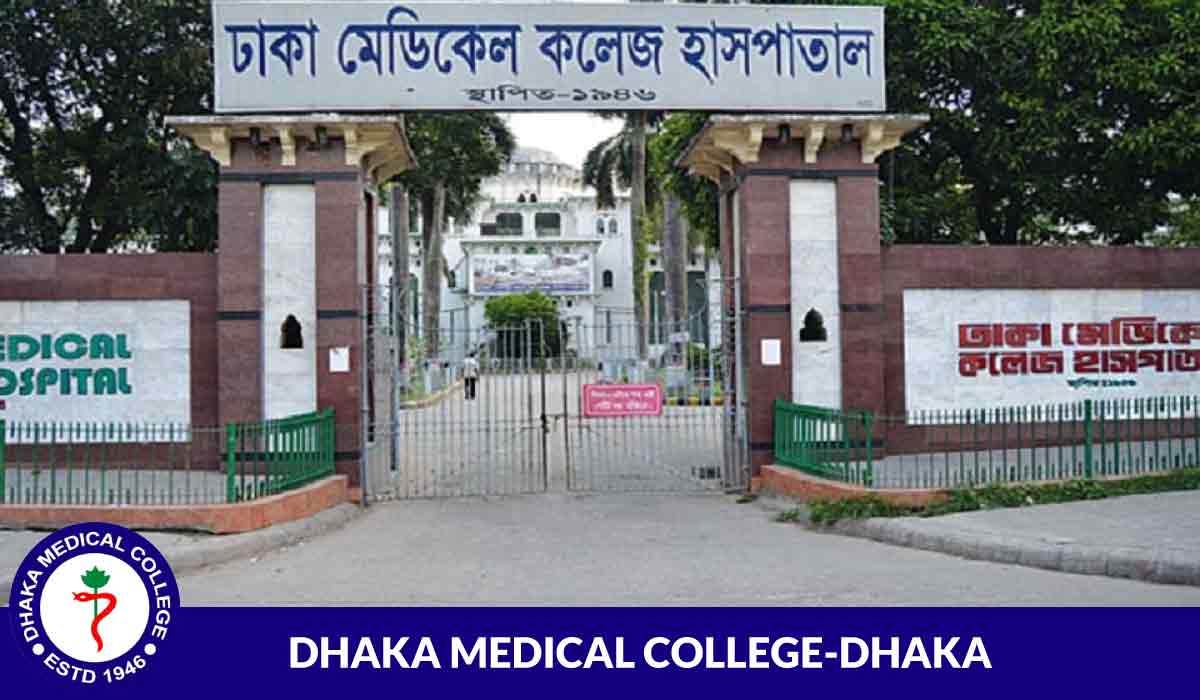
Departments
Pre-Clinical
• Department of Anatomy
• Department of Physiology
• Department of Biochemistry
• Department of Pathology
• Department of Microbiology
• Department of Virology
• Department of Pharmacology
• Department of Community Medicine
• Department of Forensic Medicine
Clinical
• Department of Medicine
• Department of Surgery
• Department of Gynecology and Obstetrics
• Department of Cardiology
• Department of Neurology
• Department of Hematology
• Department of Bone marrow transplant
• Department of Nephrology
• Department of Physical Medicine and Rehabilitation
• Department of Endocrinology
• Department of Respiratory Medicine
• Department of Gastroenterology
• Department of Hepatology
• Department of Psychiatry
• Department of Dermatology
• Department of Transfusion Medicine
• Department of Pediatrics
• Department of Neonatology
• Department of Pediatric Hemato-oncology
• Department of Pediatric Nephrology
• Department of Paediatric Surgery
• Department of Neonatal Surgery
• Department of Pediatric Orthosurgery
• Department of Thoracic Surgery
• Department of Cardiac Surgery
• Department of Urology
• Department of Orthopedics and traumatology
• Department of Spine surgery
• Department of Sports Medicine and Orthoscopy
• Department of Ortho-plastic Surgery
• Department of Casualty
• Department of Neurosurgery
• Department of Burn & Plastic Surgery
• Department of Radiology and Imaging
• Department of Neuroradiology
• Department of Interventional and Cardiovascular Radiology
• Department of Pediatric Radiology
• Department of Radiotherapy
• Department of Ophthalmology
• Department of ENT & HNS
• Department of Anesthesiology
• Department of Nuclear Medicine
• Department of Oral and Maxilo-facial Surgery
Residential Halls
As of 2019, there are four hostels for accommodation of the students as well as interns.
• Shaheed Dr. Fazle Rabbee Hall (established in 1955) - For male students (named after martyred intellectual Dr. Mohammed Fazle Rabbee)
• Dr. Alim Chowdhury Hall - For female students (named after martyred intellectual Dr. AFM Alim Chowdhury)
• Shaheed Dr. Shamsul Alam Khan Milon Intern Doctors' hostel (Male) (named after the martyred activist of anti-autocracy movement in 1990, Shamsul Alam Khan Milon)
• Shaheed Dr. Shamsul Alam Khan Milon Intern Doctors' Hostel (Female)
Dr. Fazle Rabbee Hall and Dr. Milon Intern Doctors' hostel (for male) share the same compound at Bakshibazar, Lalbagh, Dhaka. Dr. Alim Chowdhury hall and Dr. Milon Intern doctors' hostel (for female) share the same compound inside the territory of the college.
Roles in National Politics
Bengali Language Movement
The college dormitories of DMC that were known as barracks were the heart of the Bengali Language Movement from 1948 to 1952 because of its location. The barracks were formerly situated at the current location of the Shaheed Minar.
In the early hours of 21 February 1952, all the students of Dhaka Medical College gathered in front of the medical college dormitories. In the afternoon the group headed for the parliament which was in session. No procession was allowed due to the imposition of Section 144. The students decided to defy Section 144 at 4:00 PM at the historic Aam-tola.The police fired at the procession, resulting in the deaths of Salam, Barkat, Rafique, Jabbar and Shafiur.
Liberation War of Bangladesh
Many students, staff, teachers, doctors took part in the liberation war of Bangladesh in 1971, as fighters or in treating the injured. DMC's doctors, teachers and students laid their lives in the war. Many eminent physicians and academics were abducted from home and killed during the war.
Monument
The first 'Shaheed Minar' was built on Dhaka Medical College premises. It was built by the students of Dhaka medical college through the result of language movement of 1952, where students from Dhaka University and Dhaka Medical College and political activists were killed when the Pakistani police force opened fire on Bengali protesters who were demanding official status for their native tongue,Bengali.
Notable Alumni
• Sitara Begum, Bir Protik, Bangladeshi doctor, Army Officer and war hero
• Mohammed Fazle Rabbee, Cardiologist, Martyred intellectual
• AFM Alim Chowdhury, Ophthalmologist, Martyred intellectual
• A. Q. M. Badruddoza Chowdhury, Former President of Bangladesh
• Sayed Haider, 1952 language movement veteran, designer of first Shaheed Minar, Ekushey Padak Award (2016)
• Golam Moula, 1952 language movement veteran, Ekushey Padak award (2010) (posthumous).
• Badrul Alam, 1952 language movement veteran, designer of first Shaheed Minar, Ekushey Padak award(2014)
• Ahmed Rafiq, language movement veteran, writer, researcher, Ekushey Padak award(1995)
• Mirza Mazharul Islam, Surgeon, language movement veteran, Ekushey Padak awardee(2018)
• Abdul Malik, Cardiologist, National Professor, founder of National Heart Foundation, and National Institute of Cardiovascular Diseases, awardee of Independence day award
• Shahla Khatun, National Professor, Gynecologist and Obstetrician
• Dipu Moni, Education minister, former Minister of foreign affairs.
• A F M Ruhul Haque, former Health and family welfare minister, Eminent Orthopedic Surgeon, Past President of Swadhinata Chikitsak Parishad.
• Syed Modasser Ali, Former health advisor to Prime Minister Sheikh Hasina
• Rashiduddin Ahmad, Pioneer neurosurgeon, awardee of Independence day award in 1999 and Bangladesh National Sports Award in 2007, first captain of East Pakistan National Basketball team and Captain of Bangladesh team in Davis Cup 1989[40]
• Lutfor Rahman, Eminent Cardiac surgeon
• AKM Fazlul Haque, Pioneer colorectal surgeon
• Quazi Deen Mohammad, Notable neurologist, founding director of NINS, President of Bangladesh College of Physicians and Surgeons
• Meerjady Sabrina Flora, Epidemiologist, Director of IEDCR
• Mohammad Shamsul Islam, FRCS
• Mostofa Jalal Mohiuddin, President of Bangladesh Medical Association, Former president of Bangladesh Chhatra league
• M Iqbal Arslan, President of Swadhinata Chikitsak Parishad
• Kanak Kanti Barua, Notable Neurosurgeon, Vice-chancellor of BSMMU
• AHM Touhidul Anowar Chowdhury, Eminent Gynecologist and Obstetrician, Awardee of Independence day award in 2017
• A K M Ahsan Ali, Pulmonologist, Pioneer in TB treatment, Introducer of DOTS, Awardee of Independence day award in 2018
Student associations, clubs, extracurricular activities and facilities
• Dhaka Medical College Students' Union (DMCSU)
• Computer Club of DMC
• DMC Debating Club (DMDC)
• Ex-Cadets' Association of DMC
• Medicine Club, DMC Unit
• Rotaract club
• Sandhani, DMC branch (blood, organ donation charitable organization)
DMC has a large sports ground inside Fazle rabbee hall. It is used for football, cricket, and other athletics. Fazle Rabbee Hall also houses a basketball ground and a tennis ground. Besides, College buildings and hostels have students' common rooms with indoor game facility.The College has a large auditorium with 1200 sitting capacity.
The Dhaka Medical College has been involved in all national movements of Bangladesh like Benglai language movement,Liberation War of Bangladesh and so on.It pioneered in almost every unique medical achievements of Bangladesh.The country's first ever autologous bone marrow transplant took place in its bone marrow transplant unit.This medical college is regarded as the epitome of medical education in Bangladesh science its commencement.
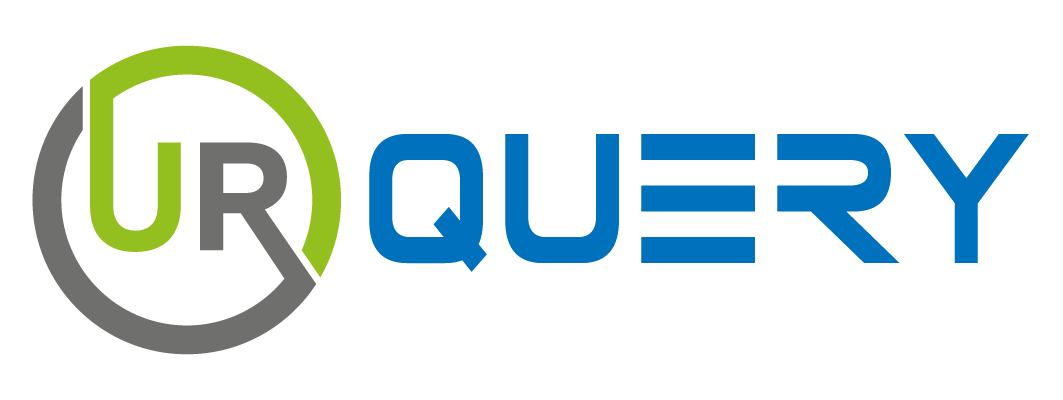
.jpg)
